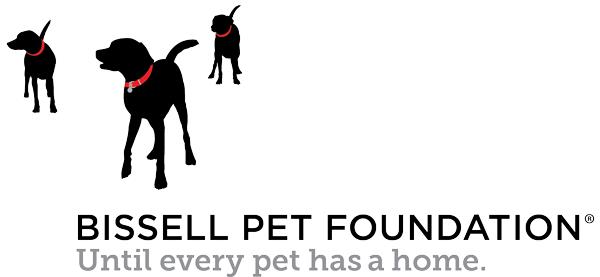Skunks are found in every neighborhood in San Mateo County. Skunks rarely exhibit a fear of people since they are literally born and raised in our backyards. They are chiefly nocturnal animals. While their diet primarily consists of rodents and insects, it may also include carrion, eggs and garbage. If approached by an intruder and unable to flee, they may stamp their forepaws and scratch the ground in warning. If pursued after this point, the skunk may spray. If you see a skunk displaying this behavior, back away quietly and slowly. The most effective method of discouraging visits by a skunk is to secure metal trash containers with tight-fitting lids and to hold the lid in place with a thick rubber strap.
Remove attractants - garbage, dog or cat food left out at night, open compost piles, a pond, fruit trees and vegetable gardens -- from the vicinity of your house.
Elevated sheds, openings under concrete slabs and porches, and accesses to crawl spaces under houses are all attractive to skunks and other wildlife because they make ideal denning sites.
Motion-sensitive oscillating sprinklers have been very successful in deterring skunks.
Ro-Pel ® and Get-Away ® are taste and smell repellents available for use in target areas. You can also place regular household ammonia stations around your yard in the areas frequented by skunks. To do this, take a shallow dish or bowl, place a rag in it and pour ammonia over the rag until it's completely saturated. Place extra ammonia in the dish so the rag will continue to wick it up through the night. Avoid lawn areas, as ammonia will burn the grass.
When a mother skunk and her young are present, we recommend leaving them alone for the few weeks that the young are helpless. Monitor the skunks' activities to determine when they have left for good, and then secure all entrances to the nest site to prevent re-entry. Trapping skunks is rarely necessary and should never be done while they are nesting.
Important! If you have a mother with babies, be sure to give her extra time to relocate her entire family before you seal the entrance to their den. If the parent is gone but you are unsure whether the young are also out, do not seal the opening. The babies will starve and possibly discharge their spray before dying if trapped in the den. (Consider using a mild deterrent such as a radio to accelerate the skunks' departure from the den.)
Make sure that all air vents and openings to crawl spaces and other potentially accessible areas are secured. Skunks are rodent predators that often follow mice and rats into these areas. Close openings around decks, stairs, sheds and hot tubs.
Keep woodpiles elevated off the ground and pick up any debris that could potentially house a skunk den.
Place a radio near a known skunk den and keep it on loud during the day. Wait until the animal has begun their nightly foray and locate all entrances and exits. Block all except one and use repellents or frightening strategies to scare the skunks out. To be certain the animals have left, sprinkle flour at the exit and watch for footprints that lead away from the opening. When you are sure the animal is gone, securely close the opening.
Because they normally do not climb, fencing is a highly effective means of keeping skunks out of your yard. By attaching an extension of chicken wire along the base of your fence and buried beneath the ground's surface, you will prevent skunks from gaining access by digging under the fence.
Vegetable gardens can attract skunks, although they are mainly interested in the harmful rodents and insects that can ruin your garden. While foraging for grubs, skunks may dig many shallow holes in the lawn; similar to those made by both raccoons and squirrels. A nursery or garden center can advise about how to prevent grubs.
The best way to protect your dog, cat or other companion animal from wildlife is to keep them inside at night. Domestic animals left in the yard where a skunk might live or forage could be sprayed anytime from dusk to dawn. Dogs generally are sprayed because they chase or threaten skunks. If you need to let your dog out during the night, turn on the patio lights first and scan the yard visually before letting releasing him. If your companion animal is sprayed, we recommend commercial deodorizing products available at your local animal supply store. Skunk spray will dissipate over time.





